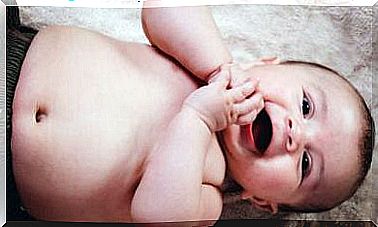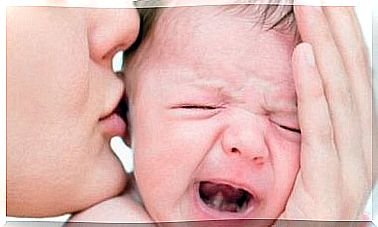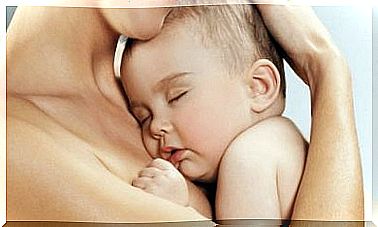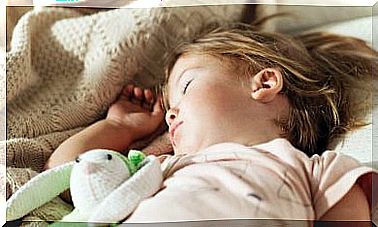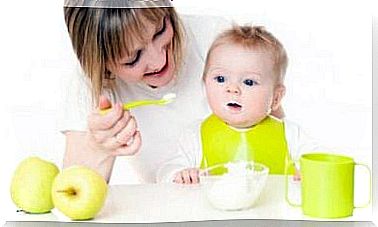The Effects Of Caffeine On Breastfeeding Babies

Many mothers enjoy a few cups of coffee or other caffeinated drinks throughout the day. However, they are unaware of the possible effects caffeine can have on their babies.
During pregnancy, excessive caffeine consumption is directly related to a risk of:
- Miscarriages
- Premature births
- low birth weight
When the baby is born, mothers usually hear contradicting statements about coffee consumption while breastfeeding.
So there are many myths related to the effects of caffeine on breastfed babies. When a new mom starts breastfeeding, it is normal for her to wonder what effects caffeine can have on her child.
And while the consumption of caffeine is not prohibited, it is still important to know that caffeine can pass into breast milk. In fact, many experts recommend replacing caffeine with water or natural fruit juices.
The effects of caffeine on breastfed babies
While American Pediatric Association experts believe coffee is safe to use while breastfeeding, excessive consumption can still have negative effects:
- Insomnia and other sleep disorders
- nervousness
- irritability
It’s also important to note at this point that some babies are more sensitive to caffeine than others. Therefore, the above effects may be more pronounced in some babies than others.
In addition, it is important to know that caffeine stays in babies’ systems a lot longer because they are not yet able to eliminate it.

Studies on coffee and breastfeeding
Ina Santos of the Federal University of Pelotas in Brazil recently conducted a study on the effects of caffeine on 3-month-old babies.
The study was published by the journal Pediatrics . They concluded that if mothers consumed a moderate amount of caffeine every day, the child’s mood and sleep behavior would not be affected.
To arrive at this conclusion, around 900 breastfeeding mothers were asked about their caffeine intake and the sleep quality of their babies at 3 months of age.
With the exception of one mother, everyone else reported consuming caffeine during pregnancy. 14.3% of mothers admitted that they consumed excessive caffeine while breastfeeding.
The investigators found no direct link between the consumption of caffeine and the sleep behavior of the babies in the study. They also provided evidence that moderate caffeine consumption during pregnancy and breastfeeding is safe for both mother and baby.
How much coffee is allowed when breastfeeding?
Studies have shown that consuming 85g to 100g of caffeine per day does not affect breast milk. Experts recommend a maximum consumption of around 280g per day.

If a mother stays within these limits, her baby is ingesting an amount of caffeine that is not enough to change his mood or ability to sleep.
This is mainly true for coffee. However, we should keep in mind that other foods and drinks can also contain caffeine.
It is therefore important that we always pay attention to the ingredients of the things we eat and drink. At the same time, we should keep an eye on other sources of caffeine that we also consume.
A baby’s body is very delicate and excessive consumption of caffeine can cause great damage. Therefore, take care of your own health and that of your baby by moderating your consumption of caffeine.
While this can be a difficult endeavor, breastfeeding doesn’t last forever. It can be a sacrifice, but your baby is well worth it.
